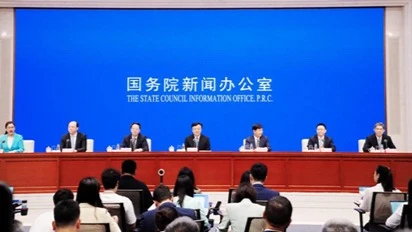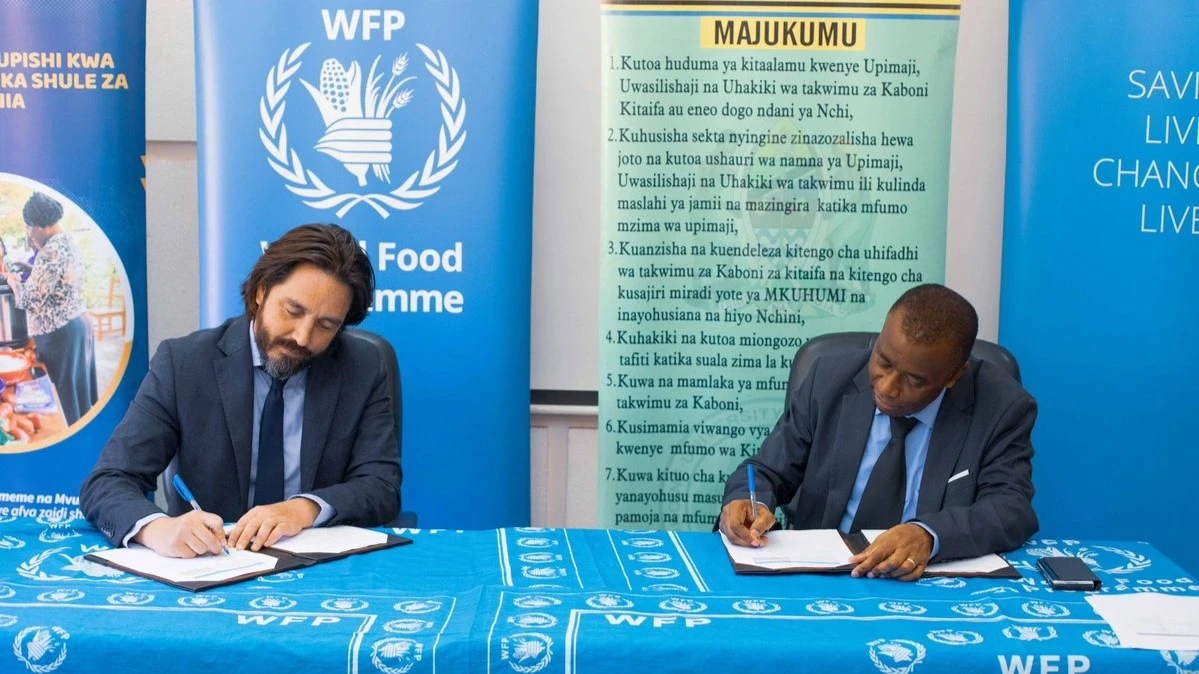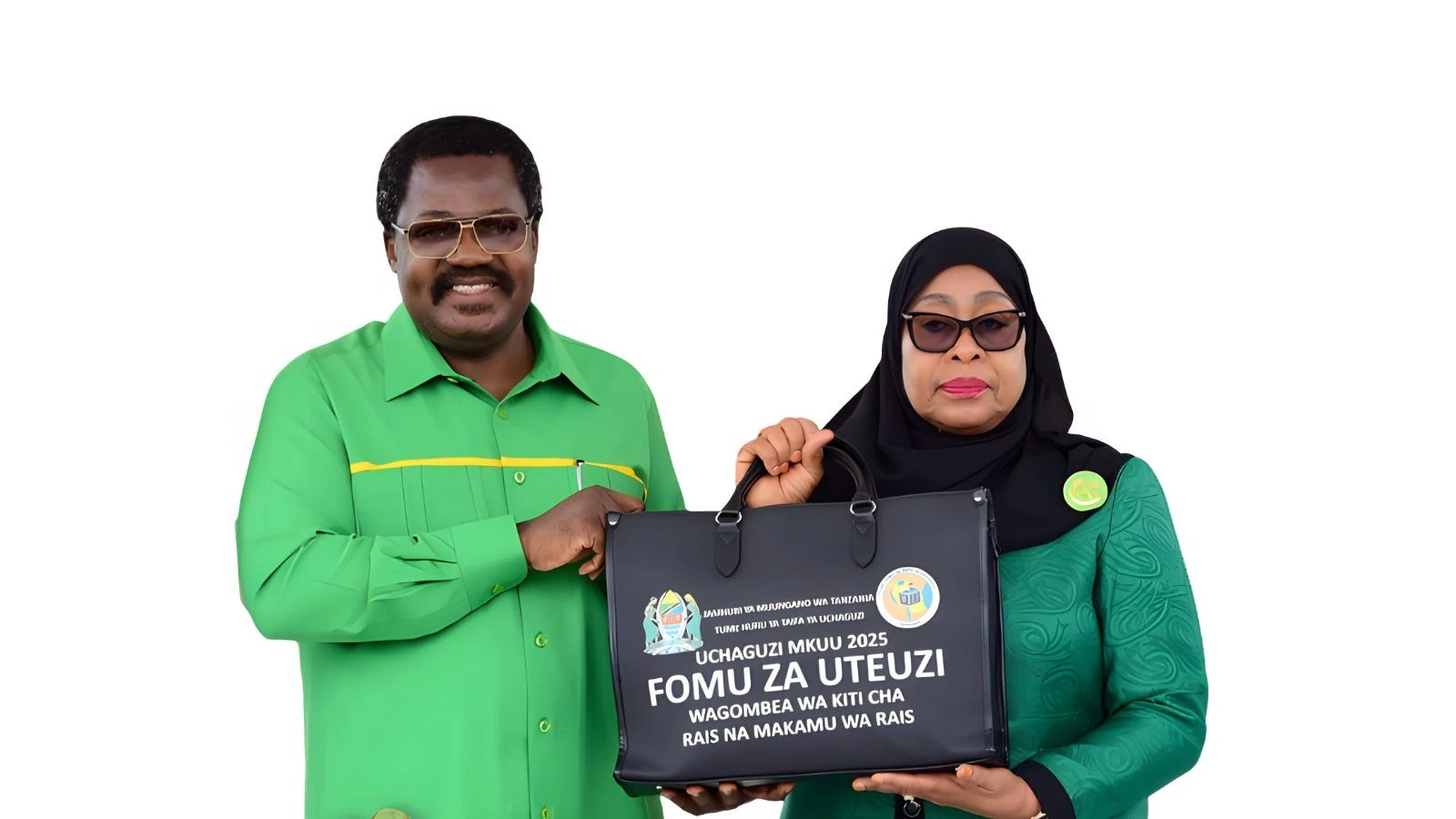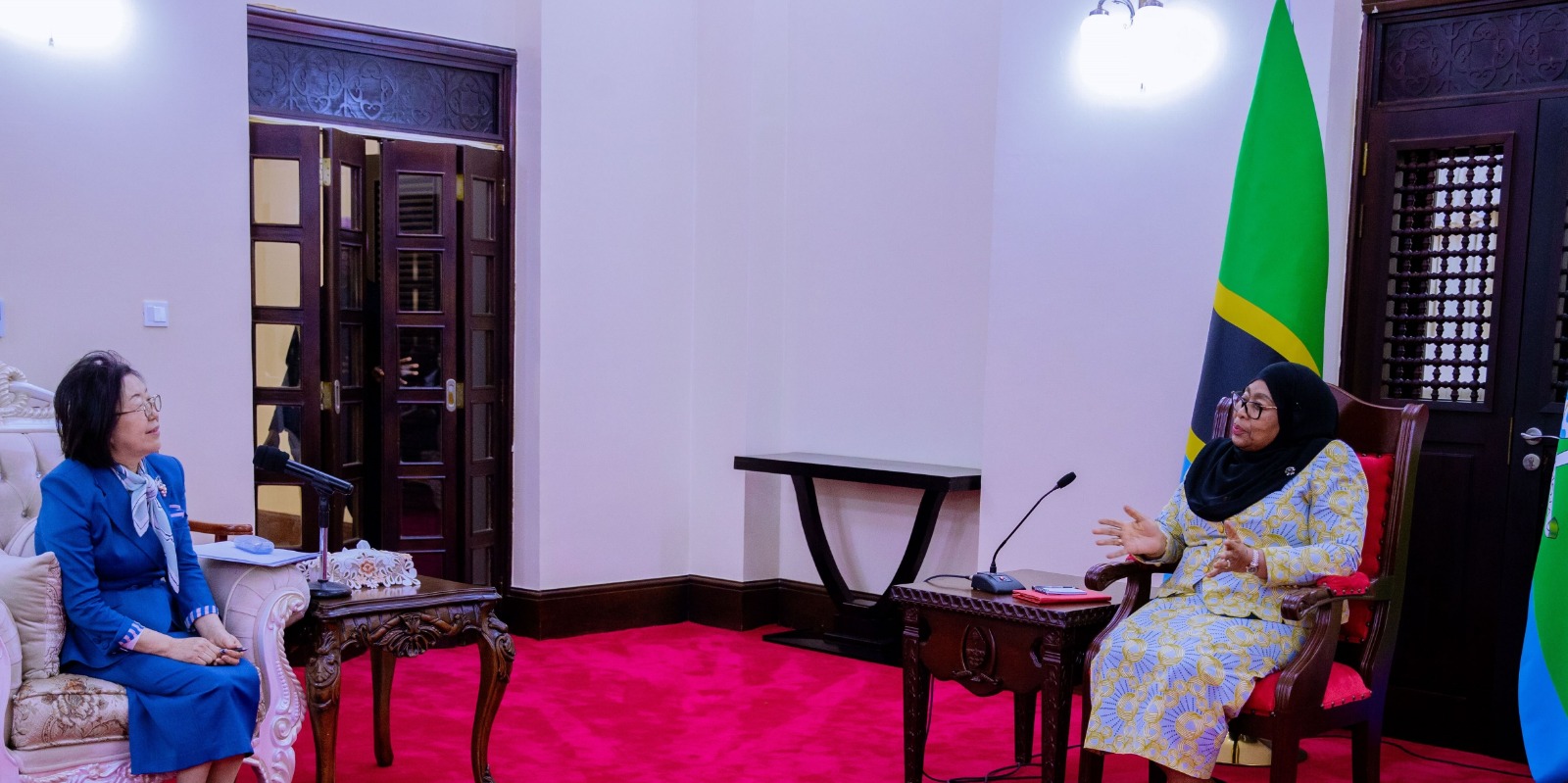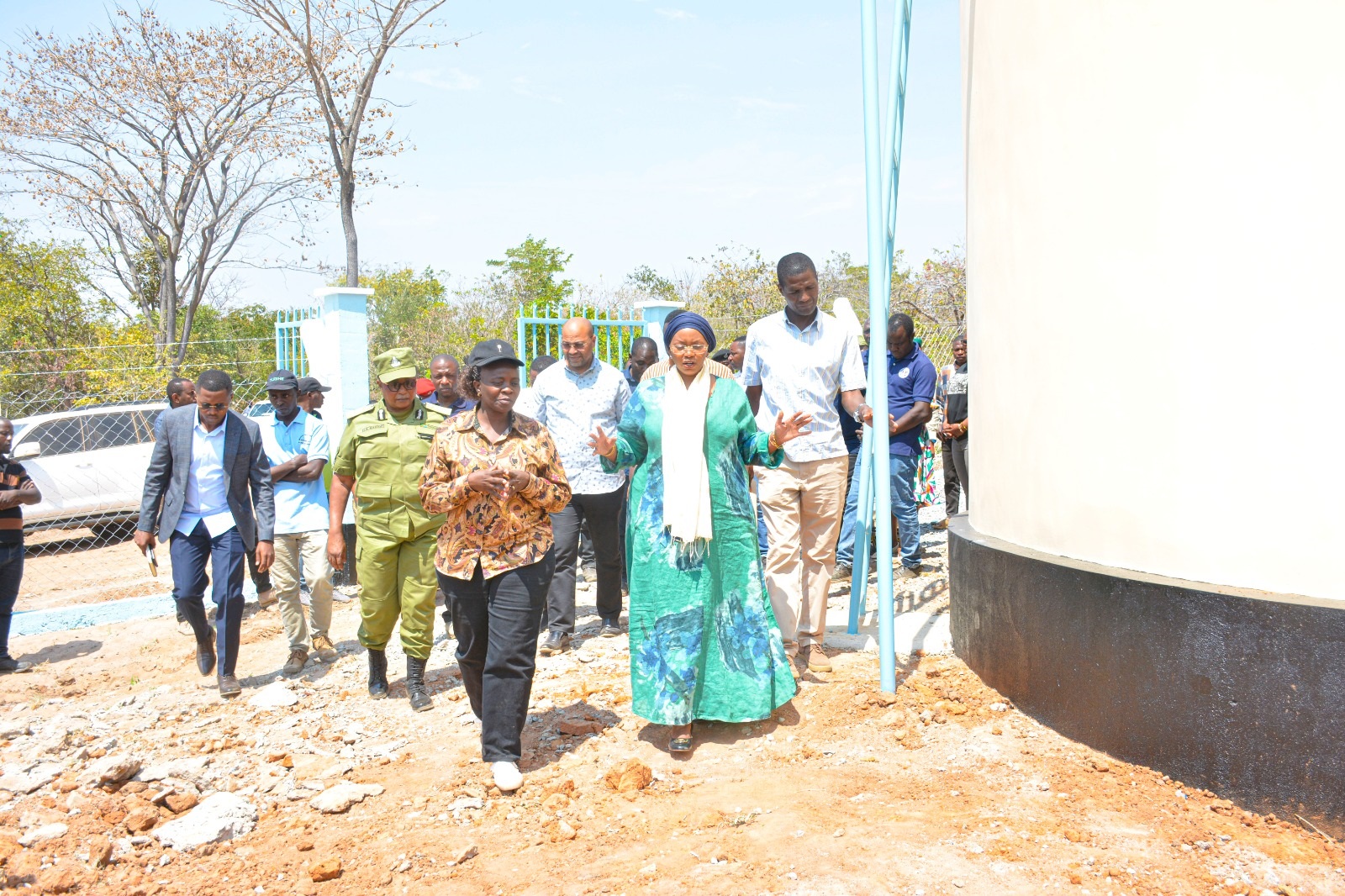Protecting women’s land tenure rights begins with women.
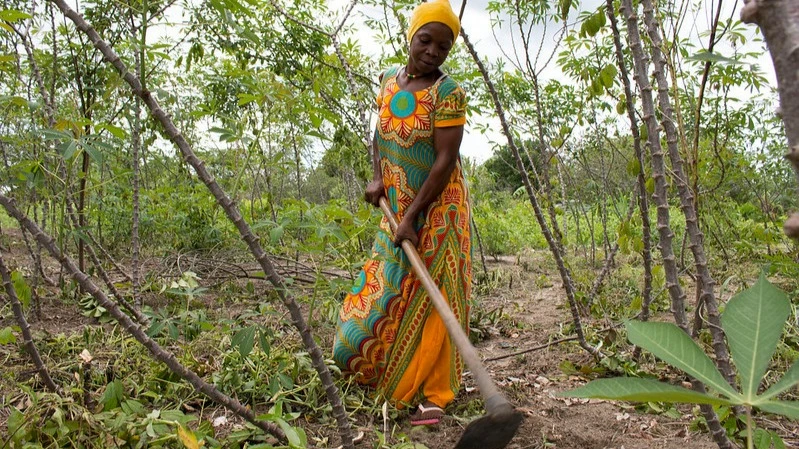
AT the age of 70 years Rehema Mfaume has to face economic and social hardships after her land was taken away by her late husband’s relatives. When their matrimonial life ended in the year 2,000 following her husband’s demise, leaving behind a farm and a house in Kigamboni, Dar es Salaam, where they had lived for years.
“We had papers to prove our ownership of both the farm and the house which we got as far back as 1991. However my husband’s relatives prepared fake documents to show that the farm belonged to someone else and sold it. That was in 2008. They claimed that the documents which we obtained in 1991 were obsolete and were not valid before the law,” explains Rehema Mfaume who now lives on her parent’s farm that she shares with her siblings.
“ I have lost the farm; I have lost the house. Both were my only earthly processions. They have done all this because I am a widow, they are men and they have the power. What I have experienced is just a snapshot of what many women have to go through regarding ownership of land and secure tenure,” she adds.
Women's land tenure rights refer to the rights of women to own, control, and access land. In many communities these rights are often unequal to those of men. These rights are important for women's economic empowerment, well-being, and social standing. Bearing in mind that women form the largest group of small producers that feed countries and the world in general, secure land tenure for women can lead to increased agricultural productivity, reduced vulnerability to all forms of land grabbing, and raise their social status within their households and communities. Thus land tenure insecurity, whether due to legal or customary factors, can disproportionately affect women.
Yet women who are powerful agents of change are denied the chance to make such contributions. Due to discriminatory practices, such as inadequate land tenure, lack of credit, and low levels of decision-making, as well as oppressive traditions and culture, women’s participation in land management is often blocked. Land ownership provides women with the means to generate income, make independent and informed choices, and actively participate in various aspects of social and economic life.
However despite existing land laws and a revise National Land Policy (2023 Edition) many women in Tanzania do not have secure tenure rights as available instruments do not provide them with adequate protection. The National Land Policy for example, paves way for women to own land on equal basis with men. It also provides that women can inherit land and may participate in all decision making processes related to land issues.
“However, the policy focuses on large scale investments and ignores the fact that the investors are likely to encroach on land owned by women producers. Sometimes these women can be evicted from their land to give way to an investor,” explains Christina Mfanga, Chairperson of Umoja wa Wanawake Wavuja Jasho Manzese (UWAWAMA).
Speaking on the sidelines of the National Stakeholders Land Forum held recently in Bagamoyo, Mfanga said that the current trend where companies survey and map plots of land and sell them to individuals threatens the security of tenure of women producers because land that would otherwise be available for food production is taken for construction of houses and other buildings. This confines small producers to small parcels of land.
These producers may in the long run fail to meet the demand for food and other services for their families and the community.
“Now we have land vendors. Land has become a commodity for sale. Those who have money can buy as much land as they wish and small producers who are generally poor may even lose their land to the rich,” she says.
There are arguments that the threat to women’s land rights and secure comes from women and efforts to remove these threats must begin with women themselves. Many women do know their rights, they don’t understand what the policy and land laws have to offer for them in terms of protecting their right to own land and their right to secure tenure.
Most of the women who are small producers don’t own land much as they work on farms and produce food crops. And those who own land don’t have secure tenure with threats coming from spouses, parents and in-laws.
“Traditions and culture still play a big role in denying women ownership of land and secure tenure. On the other hand there are cumbersome procedures of acquiring a title deed or Customary Certificate of Right of Occupancy as a result of which many women become apprehensive and therefore give up, thereby forfeiting the land ownership and tenure rights,” says Rehema Mfaume.
The National Land Policy shines new light on the right of women to own land as it provides equal opportunities to access, own and use land, for both men and women. But women’s right to inherit land is still subject to traditions and culture most of which are oppressive and do not give them that opportunity. “Women must know and understand issues.
They must be confident, stand up and demand for their rights,” explains Ms. Mfaume. She notes that government offices that deal with land issues are located far away from villages; many women who have issues to resolve cannot reach these offices. During village assemblies, issues of land ownership and secure tenure rarely feature in their agenda. In some communities man chauvinism still reigns and traditions, culture and customs that bar women from owning land are still upheld. Many women are thus stranded and simply give up when it comes to accessing land and owning it.
For some women producers, the process to access and own land is tedious and generally intimidating. Accessing and owning land would seem to be not a right but charity and women have to beg to acquire that right.
Although the National Land Policy recognizes the right of women to own land and provides protection of that ownership, there is a yawning gap between what the policy says and what is happening on the ground.
“Women still have problems accessing and owning land. Their tenure rights are not protected and they still have to beg in order to access land and other property. Owning land would seem a privilege and not a right. The policy is very clear on ownership and protection.
That women can now inherit land, have equal rights and tenure with men and that they are allowed to participate in decision making in all matters related to land ownership and tenure , is an important development.
But we must close the gap. We need to walk the policy and not merely leave it on paper. Participation of women in the decision making process must serve and protect their interests,” explains Khadija Mrisho, Land Tenure Expert with Landesa, a land rights organization.
According to Ms. Mrisho, there are still cases whereby when a woman and a man apply for land, the man is given priority and the woman is considered as not so important. This takes away all the benefits that women would otherwise enjoy as provided by the policy. There exist traditions and culture where the community believes that women have to be attended to, they have to be helped, they must be given, and they must be supervised. All these threaten both ownership and security of tenure for women producers.
“In matters of administration, bribes, corruption and bad governance have suppressed women’s rights. The lack of economic power among small women producers pushes them on the receiving end, putting them in the category of those who must be given and not acquire land in their own right as stipulated in laws and the policy. To get out of this web, women must know their rights, they must look for information and they must demand their rights through existing administrative channels,” she explains.
“Society must look at women’s rights as non-negotiable; they are not charity. We must also dismantle barriers that prevent women from ownership and secure tenure; such as some traditions and culture in order to clear the path for women and girls to own land and adequately protect that ownership,” she adds.
Some women acknowledge unwillingness to change as affecting the security of their tenure rights. “There is still that mentality among women that “I am a woman, I can’t do this and that. This is a man’s job, men will have to decide, I am just a woman. This mentally makes us vulnerable to intimidation, segregation and oppression. Women must be ready struggle to get their rights. They must form a united front and speak up with one voice to demand their right to own land. They must be prepared to protect their ownership at all costs,” says Martha Laurent a woman from Masai community in Hanang District.
The International Institute of Environment and Development (IIED) recommends that governments should take measures from time to time to ensure that the tenure rights of women producers are protected. The measures include recognizing and upholding gender equality as a key principle governing all land tenure issues within the country and adopting explicit legal provisions protecting women’s equal rights to land, independent of marital status and supporting their inheritance rights.
“Governments must also deem void any customary norm or practice that discriminates against women’s rights to own, control or inherit land. They must also provide adequate financial and technical resources to implement these measure,” reads part of one of IIED’s publications.
It is important to stress here that women must help each other to break barriers of accessing rights and change the status quo instead helping to oppress others. “We have witnessed cases where a sister is ready to team with her brother to deny land ownership rights of his wife. Women are ready to undermine the rights of their fellow women in order protect the interests of men,” explains Godfrey Massay, Landesa Executive Director.
However, men still hold the trump card in as far as protecting women’s rights are concerned. “They must look at women and protect their rights in the same manner as they would protect their rights of their daughters or their mothers. There is a strong bond of love between a man and his daughter and a man and his mother; that same bond must be transferred and be used to recognize and protect the rights of all women,” says Godfrey Massay.
Top Headlines
© 2025 IPPMEDIA.COM. ALL RIGHTS RESERVED












